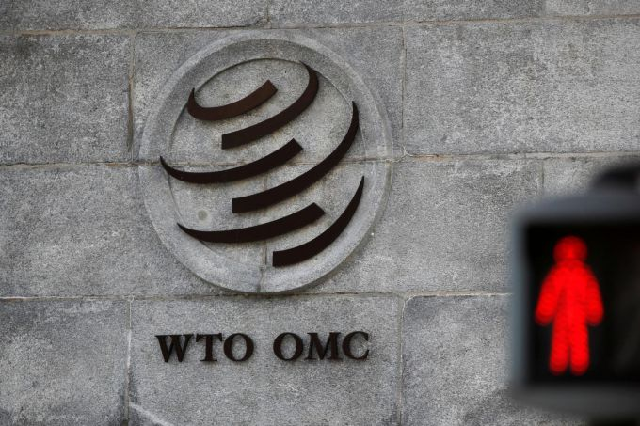WTO lets China impose $645m in tariffs on US
Washington denounces decision, terms it deeply disappointing

The World Trade Organisation (WTO) authorised China on Wednesday to impose $645 million of compensatory tariffs against the United States in a ruling immediately blasted by Washington.
China went to the WTO in 2012 to challenge anti-subsidy tariffs the United States imposed between 2008 and 2012, mainly during the term of US President Barack Obama, on 22 Chinese products ranging from solar panels to steel wire.
The decade-long case involving alleged subsidies has centred on whether the United States could treat Chinese companies in which the government owns a majority stake as controlled by the state.
The United States, which has argued that China benefits from easier treatment at the WTO while subsidising manufactured goods and dumping them on world markets, said the decision underscored the need to reform WTO rules that had been used to “shield China’s non-market economic practices and undermine fair, market-oriented competition.”
“The deeply disappointing decision today by the WTO arbitrator reflects erroneous Appellate Body interpretations that damage the ability of WTO members to defend our workers and businesses from China’s trade-distorting subsidies,” the US Trade Representative Office spokesperson Adam Hodge said in a statement.
China had initially asked the three-person WTO panel to award it the right to impose tariffs on $2.4 billion of US goods.
The actual award is dwarfed by US tariffs on more than $300 billion of Chinese goods imposed by then US President Donald Trump, most of which are still in place.
However, it is another symbolic victory for Beijing at the Geneva-based trade body.
In November 2019, the WTO awarded China the right to retaliatory tariffs of $3.58 billion after finding fault with the way Washington determined whether Chinese products are being dumped on the US market.
Published in The Express Tribune, January 27th, 2022.
Like Business on Facebook, follow @TribuneBiz on Twitter to stay informed and join in the conversation.



















COMMENTS
Comments are moderated and generally will be posted if they are on-topic and not abusive.
For more information, please see our Comments FAQ